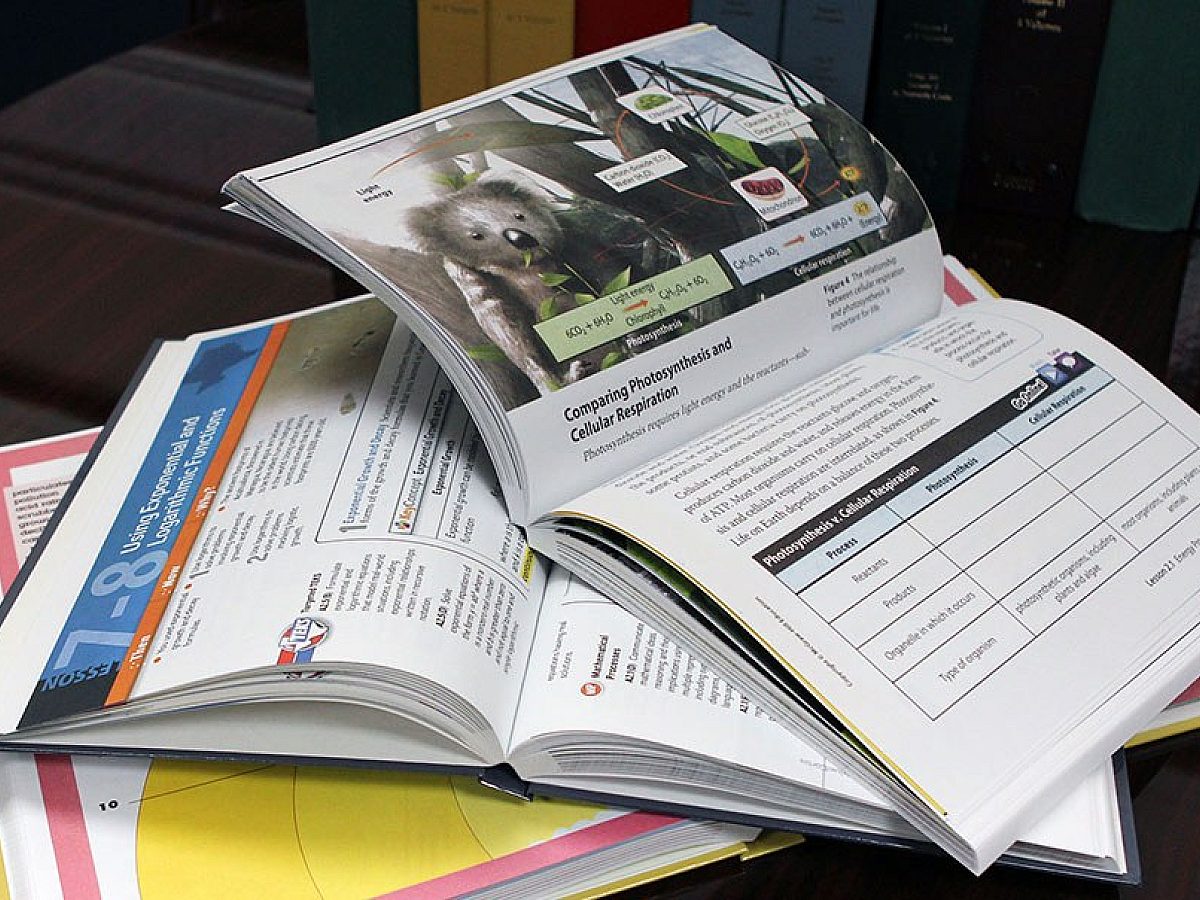Approx read time: 6 mins 🕒
Germany is the UK’s second-largest trading partner and Europe’s economic powerhouse, offering opportunities across manufacturing, automotive, pharmaceuticals, technology, energy and more.
For UK exporters, the market is attractive not only because of its size but also its stability, high levels of innovation, and central role in the European Union. In 2024, UK exports to Germany totalled more than £61 billion, with goods and services contributing strongly.
However, Germany is also a highly regulated, competitive and linguistically specific environment. Success demands cultural awareness, compliance with EU and German regulations, and professional German language support.
This guide outlines Germany’s market landscape, the opportunities for UK businesses, and why accurate translation and interpreting are essential for building credibility and trust.
Germany at a glance
- Europe’s economic powerhouse — Germany is the largest national economy in Europe and ranks third globally by nominal GDP, with around $4.74 trillion in 2025
- Industrial and export strength — Its economy features a social market model, with about 70 % of GDP from services and roughly 29 % from industry, and less than 1 % from agriculture
- Export-driven resilience — Germany is the world’s third-largest exporter (valued at $1.66 trillion in 2024), with exports accounting for over 50 % of national output. Leading exports include vehicles, machinery, chemicals, technology and pharmaceuticals
- UK trade partner — Germany remains the UK’s second-largest trading partner and export market, with common UK goods exported to Germany including aircraft, technology and pharmaceutical products
- Global business hub — Germany hosts some of the world’s largest trade fairs — events that serve as vital platforms for UK exporters seeking European and global reach
- Recent economic challenges — The economy has faced a downturn: GDP contracted over 2023–24, and growth remains subdued, with forecasts for 2025 flat at best. However, Germany’s industrial base, especially its “Mittelstand” SMEs and technology leaders, remains robust
Market overview
Germany is one of the world’s most industrialised and diverse economies. It combines a highly skilled workforce, advanced infrastructure and strong legal protections, making it one of the most secure and stable markets for UK exporters.
In 2024, total UK exports to Germany reached £61.1 billion, accounting for 7% of all UK exports, confirming Germany as the UK’s second-largest export market.
The trade relationship is broad, spanning manufacturing, life sciences, food and drink, consumer goods, and technology.
Germany’s role as Europe’s largest consumer market, with a population of more than 83 million, offers significant long-term potential for British firms. The country also serves as a gateway to wider EU markets, reinforced by its central location and role in European supply chains.
Digital transformation in Germany
Germany’s ongoing digitalisation is reshaping industries from manufacturing to retail. Demand is growing in areas of UK expertise, including big data, artificial intelligence, cyber security and the Internet of Things.
For UK technology providers, these trends align closely with local priorities for modernising business models, future mobility and supply chains.
Explore our translation and language services for technology and software.
Top UK exports to Germany
- Aircraft
- Mechanical power generators
- Medicinal and pharmaceutical products
- Cars
- Scientific instruments
These exports highlight opportunities in advanced manufacturing, engineering, healthcare and automotive, sectors where the UK has long-standing strengths.
Opportunities for UK businesses
The Department for Business and Trade highlights specific opportunities for UK exporters in:
-
Technology and digital industries
-
Renewable energy and future mobility
-
Health and life sciences
-
Food and drink
-
Retail and consumer goods
Language and cultural considerations
German as the language of business
German is the sole official language of business, government and law in Germany.
While many German professionals do indeed speak English, contracts, compliance documents, product packaging and marketing materials must be provided in German to be legally valid and culturally relevant.
Using professional translation services ensures:
-
Accuracy in technical and legal contexts — avoiding costly errors in contracts, regulations or safety information.
-
Credibility — showing commitment to the German market by speaking the local business language.
-
Local resonance — adapting tone and style to suit German preferences, which often emphasise precision and detail.
Regional variation and formality
While Standard German (Hochdeutsch) is used in business and formal contexts, exporters should be aware of cultural differences across Germany’s federal states.
German business culture typically values thorough preparation, punctuality and long-term partnerships. Formality in language and communication style is the norm, particularly in initial dealings.
The importance of Desktop Publishing (DTP)
When translating from English into German, multilingual desktop publishing (DTP) becomes especially important.
German translations are often significantly longer than their English equivalents, which can affect layout, spacing and readability in documents such as:
-
Product manuals
-
Compliance documents
-
Packaging and labelling
-
Marketing brochures and catalogues
Without proper DTP support, translated text can spill over page limits, distort layouts or reduce clarity. This is a critical issue in regulated industries such as healthcare, engineering and food and drink, where formatting must align with EU and German standards.
At Wolfestone, our DTP specialists work directly with native-speaking translators to ensure that German-language materials are professionally formatted, compliant and publication-ready.
Challenges and considerations for UK exporters
Regulation and compliance
Germany is a member of the EU single market, meaning exporters must comply with both EU-wide and German-specific regulations.
These cover everything from product standards and labelling to environmental rules. For example, the German Packaging Act requires producers to register packaging and ensure recyclability.
Non-compliance can result in fines or restricted market access.
VAT and taxation
Exporters should ensure they understand VAT, exemptions and reporting obligations when selling into Germany.
Packaging and labelling
Packaging plays a strong role in consumer purchasing decisions.
Beyond compliance with EU standards, packaging design should be adapted to German consumer preferences, which often favour clarity, environmental responsibility and precise information.
Labelling must be in German, with specific requirements for food, drink and textiles. Professional translation and multilingual DTP ensure labels are both compliant and well-formatted.
Explore our specialist multilingual label compliance services.
Intellectual property
Intellectual property (IP) rights are territorial, meaning UK rights do not extend automatically to Germany. Exporters should register trademarks, patents or designs locally to ensure legal protection.
The UK Intellectual Property Office provides guidance on managing IP abroad.
Business culture
German companies are often family-owned and take a long-term, relationship-driven approach.
Decision-making is thorough and backed by detailed research. Price is not always the deciding factor — reliability, compliance and shared vision generally matter just as much.
Meetings tend to be formal, punctual and well-structured. Communicating in German through professional interpreters or native-speaking representatives demonstrates respect and builds trust.

Spotlight: German translation success with NeuConnect
An excellent example of Wolfestone’s impact in the UK–Germany export landscape is our work with NeuConnect, a major energy infrastructure project connecting the UK and German power grids.
This £2.4 billion endeavour involves deploying a 725 km HVDC interconnector to carry up to 1.4 GW of electricity, making it the first direct energy link between the two nations.
Given the project’s scale and complexity, NeuConnect required legal translation for extensive documentation involving multiple jurisdictions. To maintain regulatory compliance and ensure smooth collaboration among UK and German stakeholders, all legal texts needed to be translated accurately and handled sensitively.
We deployed a specialist team of legal linguists, each not only fluent in English and German but also well-versed in international legal standards. Together, they translated over 38,000 words of legal documentation.
Recommendations for UK exporters
Founded in 2006, we are an experienced language services provider that has worked on thousands of German-language projects.
Here are our recommendations for UK exporters looking at Germany:
- Invest in professional translation and interpreting — essential for contracts, compliance and negotiations.
- Use multilingual DTP — especially when translating English into German, where text expansion can compromise layouts.
- Review more than just the translation of text — adapt packaging, marketing and user experience to German expectations.
- Build partnerships — work with local distributors, legal advisors and chambers of commerce.
- Plan for compliance early — including VAT, packaging and IP protection.
Germany represents both opportunity and complexity for UK exporters. It offers scale, stability and access to the wider EU market, but requires thorough preparation, regulatory compliance and precise communication.
By combining sector expertise with professional German translation, interpreting and DTP, Wolfestone helps UK businesses enter the market with confidence, credibility and clarity.
Contact us today to discuss how our language services can support your German market strategy.
Or explore our German translation and interpreting services.
𝘒𝘦𝘪𝘳𝘢𝘯 𝘩𝘢𝘴 𝘣𝘦𝘦𝘯 𝘸𝘳𝘪𝘵𝘪𝘯𝘨 𝘢𝘣𝘰𝘶𝘵 𝘭𝘢𝘯𝘨𝘶𝘢𝘨𝘦 𝘴𝘰𝘭𝘶𝘵𝘪𝘰𝘯𝘴 𝘴𝘪𝘯𝘤𝘦 2021 𝘢𝘯𝘥 𝘪𝘴 𝘤𝘰𝘮𝘮𝘪𝘵𝘵𝘦𝘥 𝘵𝘰 𝘩𝘦𝘭𝘱𝘪𝘯𝘨 𝘣𝘳𝘢𝘯𝘥𝘴 𝘨𝘰 𝘨𝘭𝘰𝘣𝘢𝘭 𝘢𝘯𝘥 𝘮𝘢𝘳𝘬𝘦𝘵 𝘴𝘮𝘢𝘳𝘵. 𝘏𝘦 𝘪𝘴 𝘯𝘰𝘸 𝘵𝘩𝘦 𝘏𝘦𝘢𝘥 𝘰𝘧 𝘔𝘢𝘳𝘬𝘦𝘵𝘪𝘯𝘨 𝘢𝘯𝘥 𝘰𝘷𝘦𝘳𝘴𝘦𝘦𝘴 𝘢𝘭𝘭 𝘰𝘧 𝘰𝘶𝘳 𝘤𝘰𝘯𝘵𝘦𝘯𝘵 𝘵𝘰 𝘦𝘯𝘴𝘶𝘳𝘦 𝘸𝘦 𝘱𝘳𝘰𝘷𝘪𝘥𝘦 𝘷𝘢𝘭𝘶𝘢𝘣𝘭𝘦, 𝘶𝘴𝘦𝘧𝘶𝘭 𝘤𝘰𝘯𝘵𝘦𝘯𝘵 𝘵𝘰 𝘢𝘶𝘥𝘪𝘦𝘯𝘤𝘦𝘴.







